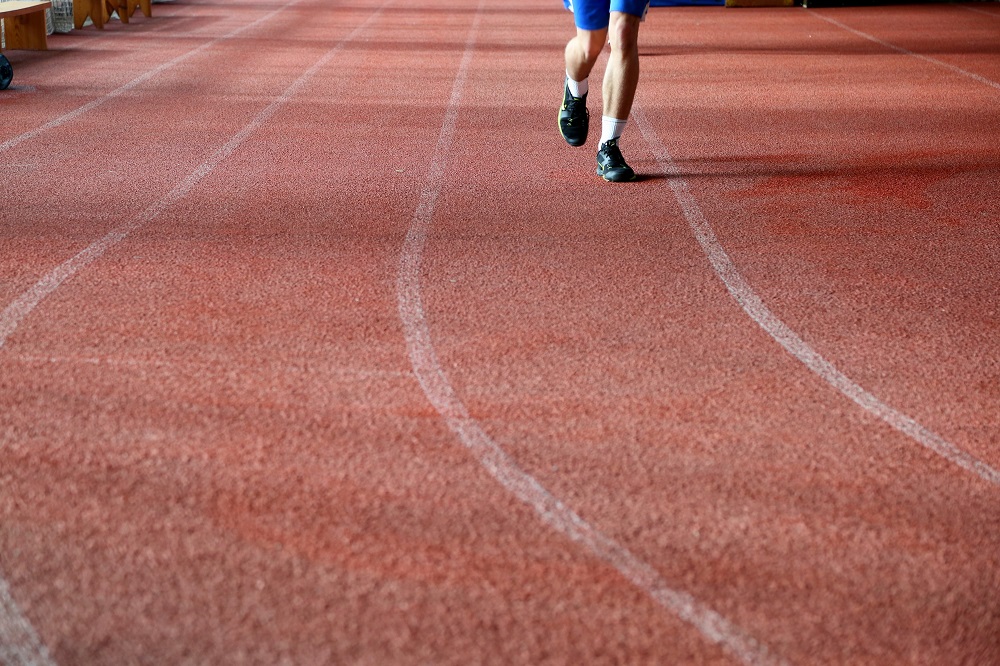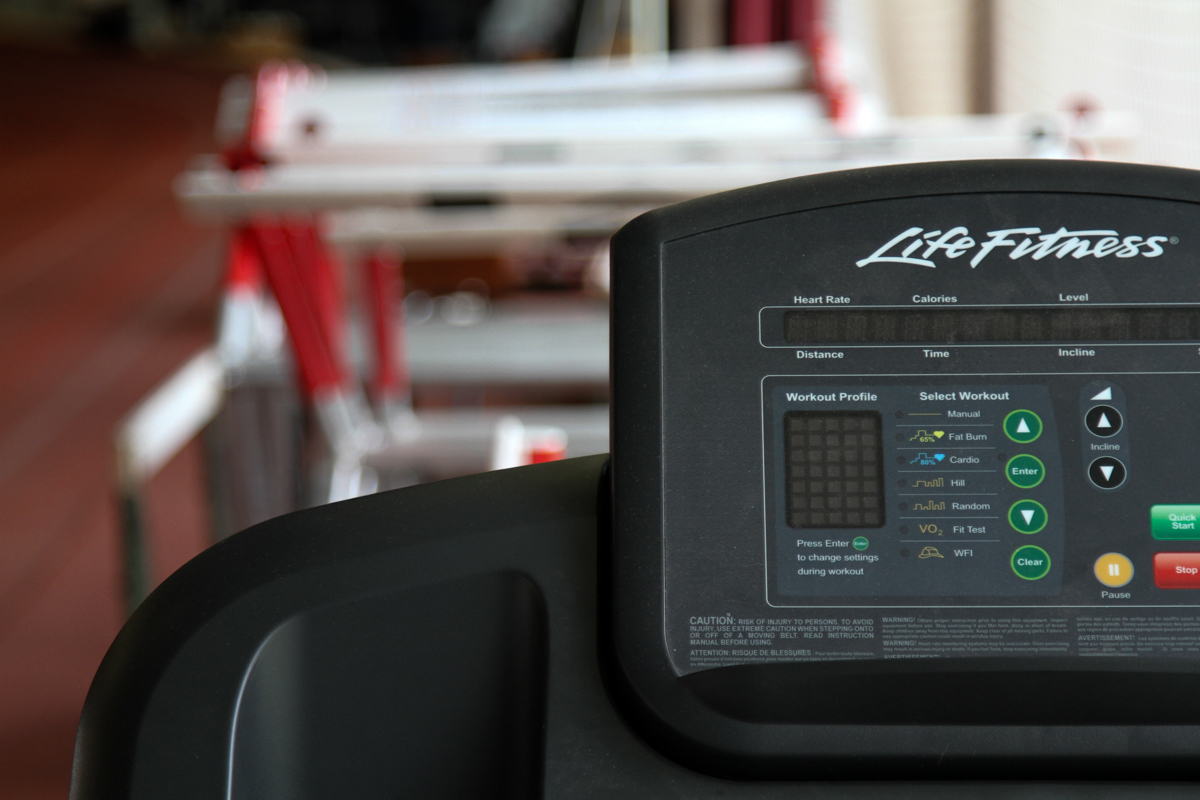People around the world are being asked to stay at home in the fight against the coronavirus COVID-19 pandemic. On the one hand, this is necessary to prevent the massive spread of the virus, on the other hand, it poses a different risk to human health, as their physical activity may get reduced.
Anelė Gedmantaitė, a doctoral student at Lithuanian Sports University (LSU), whose work is supervised by Acting Prof. Dr. Aivaras Ratkevičius, together with scientist Stuart Gray from the University of Glasgow (United Kingdom), is investigating the consequences of 2 weeks of reduced physical activity on the physical fitness and health of people aged 18-30.
The first results of the research, assisted by LSU students Paulius Kairys, Aurimas Šakelė, Gabrielė Pliuskutė and Robertas Lasevičius, indicate that the reduction of physical activity to less than 2,500 steps per day weakened knee extensor muscles in all subjects. The strength decreased slightly, by an average of 4.5 percent, but the heart rate increased by an average of 15 beats per minute during moderate-intensity exercise.
Therefore, limiting physical activity to 2,500 steps per day for 2 weeks reduces people’s physical fitness. Interestingly, about 25 percent of subjects were unable to comply with such physical activity restrictions, and subjects of a control group who were not subject to the restrictions walk an average of 7,500 steps per day.
It is estimated that people who lived under the primitive communal system and rarely had chronic non-communicable diseases walked approximately 16,000 steps per day.




